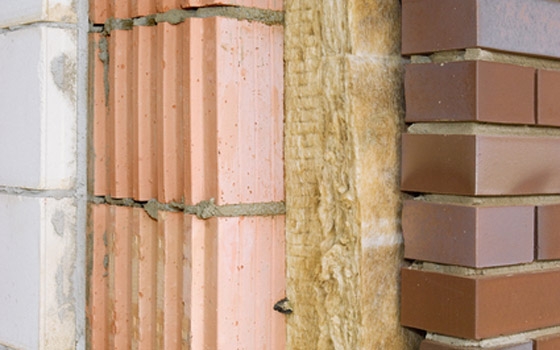Prince Abdul Aziz bin Salman, assistant minister of petroleum and mineral resources, has called for cutting electricity consumption in the Kingdom, which grows at the rate of eight percent annually, by applying thermal insulation in buildings.
Speaking to reporters after signing five agreements with government agencies and companies at King Abdulaziz City of Science and Technology in Riyadh, he said an urgent solution was required to reduce power consumption.
Prince Abdul Aziz, who is chairman of the national committee for energy conservation, said the building sector alone consumes 80 percent of electricity supply, 70 percent of which is used for air-conditioning.
He said the new agreements would contribute to reducing power consumption in upcoming major housing projects. "It will have a positive impact on electricity consumers," he said, adding that the energy conservation program would help reduce electricity bills.
He said the application of thermal insulation would not cost more than three to five percent of the building's total value. He said the government was selling oil to the Saudi Electricity Company at the rate of $ 4.5 per barrel for power generation.
"Rationalization of electricity use will help reduce oil sales to SEC. The saved amount could be exported at international price," the prince said, adding that it would support essential industries and achieve sustainable development.
He said electricity conservation would not have any negative impact on the Kingdom's oil production or exports. At present Saudi Arabia has a capacity to produce 12.5 million barrels per day. Local consumption of oil has reached an alarming 4 million bpd, which is expected to cross 8 million bpd by 2030.
Prince Abdul Aziz said the move would not affect industries. "In fact, it is aimed at conserving more power for industry and other vital sectors," he added.
He said the program involves changing standards of air-conditioning systems in the Kingdom with the support of Saudi Arabian Standards Organization, customs and the Ministry of Commerce and Industry.
"The new standards will be applied from Feb. 23 (Rabie Al-Thani 1, 1434H) in order to make locally made and imported air-conditioners more energy-efficient," he explained. Old factories will be given a grace period of three years to change their standards.
Speaking at the function, Mohammed Al-Suwaiyel, president of KACST, said his organization has conducted several studies on energy conservation. "We supervise King Abdullah Initiative for Solar-Powered Desalination and we own about 40 patents in making solar energy cells," he added.
Al-Suwaiyel said KACST would complete the construction of the first solar-powered desal plant in Al-Khafji by the end of this year. "We are planning to set up three more solar-powered desal plants in Haqel, Dhuba and Farasan. We are also working with Saudi Aramco to develop an environment-friendly car engine that can be operated by solar power," the KACST president said.
Arab News
28 January






















































